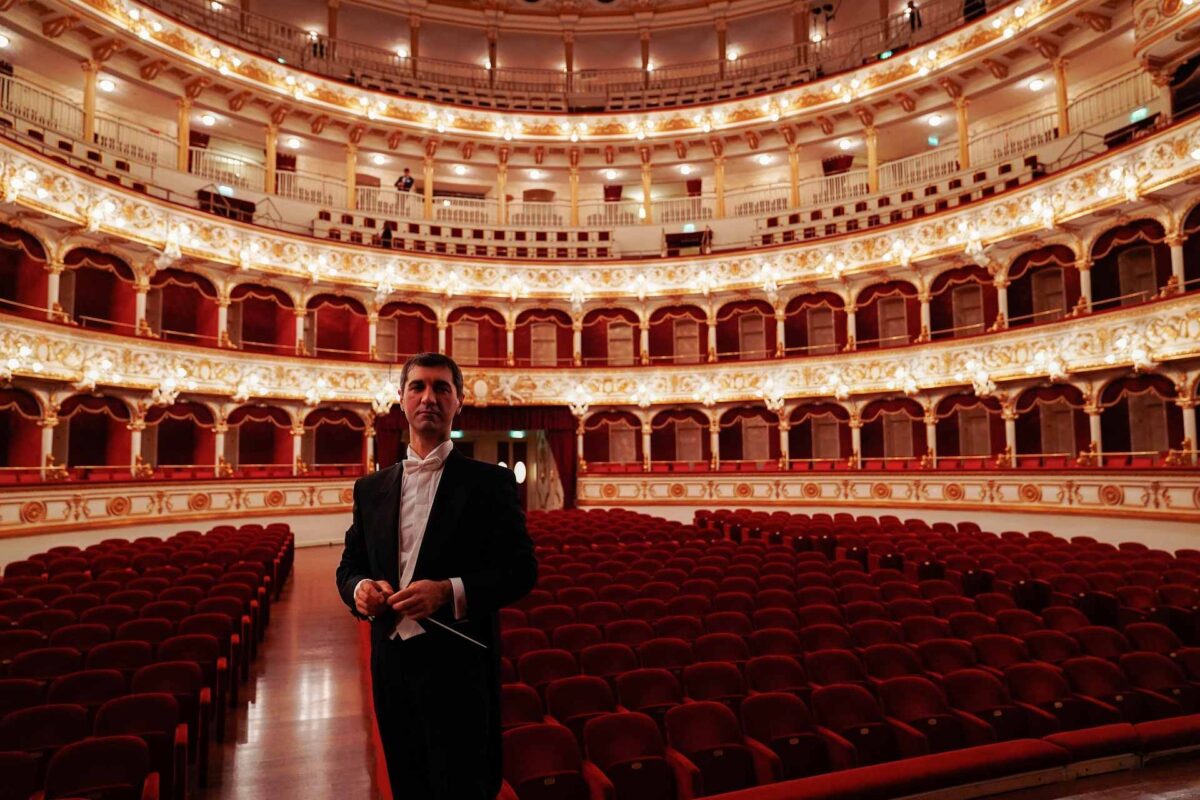The culture sector, which employs more than 30 million people globally, has been hit much harder than expected by the coronavirus pandemic and its fallout, the UN Educational, Scientific and Cultural Organization (UNESCO) has said, urging targeted policies and actions to help it weather the crisis.
The film industry alone, could lose about 10 million jobs this year, according to UNESCO. A third of world’s art galleries could cut their staffing by half or more, data collected by the agency shows. Similarly, what has been in effect a six-month closure of concerts and performance, could end up costing the music industry more than $10 billion in lost sponsorships. The global publishing market could shrink by 7.5 per cent.
The sector, which accounts for 30 million jobs, is struggling to survive and needs our help.
UNESCO Director-General Audrey Azoulay
“Culture has helped us out of the crisis. Now we have to help culture and support the diversity to which culture owes its strength”, she added.

It is not only the sector itself that has been hit hard, people have also lost access to cultural events.
Since COVID-19 hit, many concerts, art events and festivals have been taking place online. UNESCO estimates one in two people globally cannot access them due to issues such as lack of internet connectivity.
Targeted Culture policies
In response, UNESCO has developed a resource to help governments and policy makers address the challenges artists and cultural professionals are facing during the pandemic. Culture in Crisis: A Policy Guide for a Resilient Creative Sector also offers advice on strengthening resilience of the creative industries in the future.
The agency is also urging specific action to address the gender dimensions of COVID-19 impact on the culture sector. Women – who hold a higher proportion of precarious jobs in the sector – are particularly vulnerable to social and economic insecurity.

The guide presents three key steps for governments to take: direct support to artists and cultural professionals; indirect support to cultural and creative industries; and strengthening the competitiveness of cultural and creative industries.
Specific measures outlined in the policy guide include commissioning and purchase of works; providing compensation for loss of income; promoting programmes to develop new skills; providing temporary relief from regulations and tax incentives; promoting national content; stimulating demand; and making available preferential loans.
CREATIVE EUROPE
Creative Europe is the European Commission’s framework programme for support to the culture and audiovisual sectors. The European Commission’s main objective is the safety and protection of all citizens with the community of the Creative Europe Programme included.
The different funding schemes encourage the audiovisual, cultural and creative players to operate across Europe. Also to reach new audiences and to develop the skills needed in the digital age. By helping European cultural and audiovisual works to reach audiences in other countries, the programme will also contribute to safeguarding cultural and linguistic diversity.

The Commission fully respects all of the containment measures currently being taken at national level. EU Commission understands that those measures may have consequences on the projects and other initiatives.
To respond to these uncertainties, together with the Executive Agency EACEA, the Commission is applying the maximum flexibility it can in the implementation of the programme, within the limits of the applicable legal framework.
REINFORCING LINKS WITH MEMBER STATES, CREATIVE EUROPE DESKS, NETWORKS AND PLATFORMS
The Commission is also in close contact with the national Creative Europe desks regarding the situation. EU will adopt any additional measure that may become necessary.
Creative Europe relies on the strong relationship with its stakeholders, and the Creative Europe Desks, established in the Member States, form a very important part of this network.
COOPERATION PROJECTS TO ASSIST THE CULTURE SECTORS MOST IN NEED
With an overall sum of EUR 48,5 million, the 2020 Cooperation projects call is the most substantial part of the Creative Europe Culture sub-programme. The call was launched in November 2019. Now the evaluation has been speeded up to take account of the pandemic. A first substantial part of the budget will reach the sector via the pre-financing instalments very quickly. The projects can start in September 2020 and can last up to four years.

These cooperation projects are open to all kinds of organisations from the cultural sector. Priority focus on support to artists, organisations and creative professionals involved. These projects also have a clear European dimension and will efficiently complement the emergency measures taken at national level.
SUPPORT SCHEME FOR THE CROSS-BORDER DIMENSION OF PERFORMING CULTURE ARTS WORKS
The COVID-19 crisis has shed a different light on the support scheme for the cross-border distribution of performing arts works (theatre, dance, circus and street arts) developed under the Work Programme 2020. Two issues have gained an acute relevance. The impact of mobility on the environment and the role of digital culture/virtual mobility.

Hence measures will be available to mitigate the sector’s carbon footprint. At the same time they will include a forward-looking reflection on the longer-term effects the circulation experience may have. Live recording and streaming of the supported performances will be another way to ensure sustainability. A broader outreach through future viewing experiences online.
Culture – MEDIA SUB-PROGRAMME
Under the responsibility of Commissioner Breton, special measures for cinemas are available in the context of MEDIA support to the Europa Cinemas network. This is likely to take the form of a €5 million supplementary allocation of funds in the form of “vouchers” for cinemas most severely affected by the lockdown.















